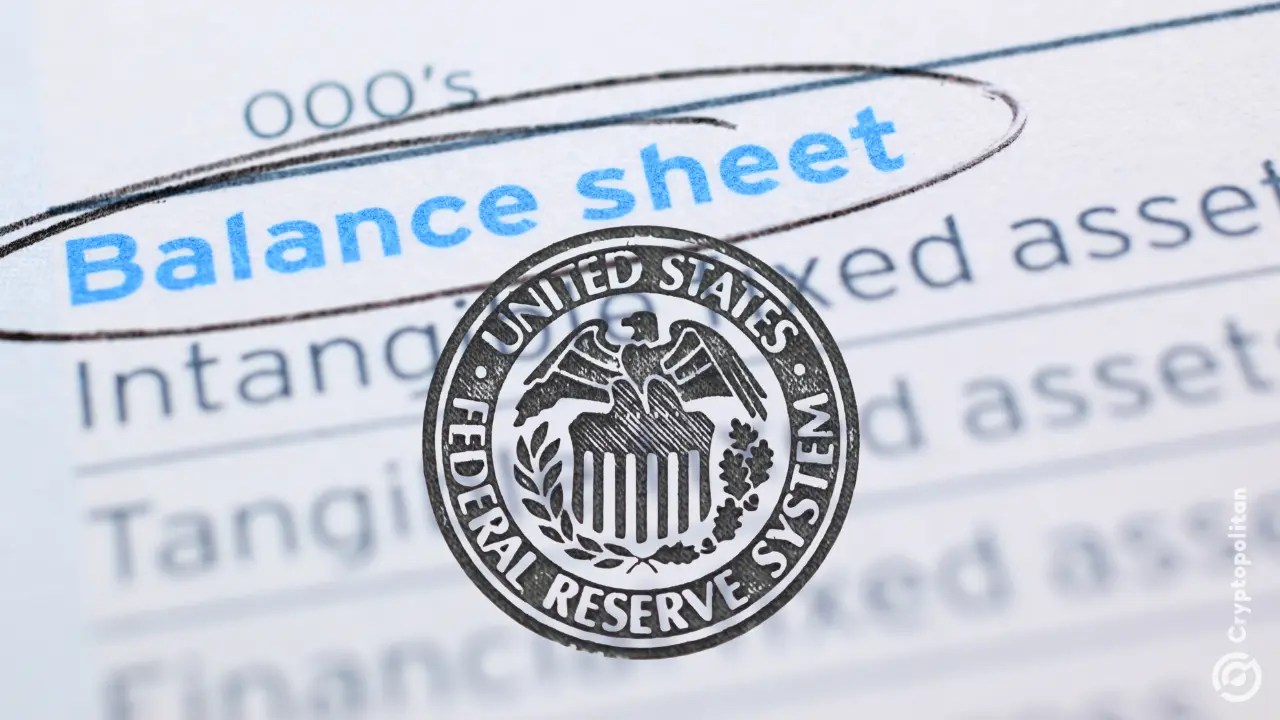U.S. Exports to China Lost To 7-Year Trump-Biden Tariffs: $160 Billion
The post U.S. Exports to China Lost To 7-Year Trump-Biden Tariffs: $160 Billion appeared on BitcoinEthereumNews.com. Dan Duffy steps off his tractor earlier this year while planting soybeans on land he farms with his … More brother near Dwight, Ill. Duffy, like many farmers, is concerned about the long-term impact tariffs may have on soybean exports to China as it looks to other countries like Brazil and Argentina, the world’s largest and third-largest producers of soybeans, for a less expensive alternative. U.S. exports of soybeans are one of the “bottom 10” of U.S. exports that have not rebounded from their totals prior to the trade war’s onset in 2018. More than 40 percent of the grain produced in Illinois is sold for export. The state exported about $2.4 billion worth of soybeans last year, $805 million to China. (Photo by Scott Olson/Getty Images) Getty Images Seven years of tariffs on Chinese imports have led to retaliation and diminished U.S. exports to China that are conservatively worth $160 billion and as much as $201 billion, based on my analysis of U.S. Census Bureau data. The analysis reveals the commodities that have failed to rebound and might be helpful to better understand how the world’s second-largest economy and the United States’ third-largest trade partner would respond to an escalated trade war. From 2018, when President Trump first imposed tariffs on China, through 2024, when former President Joe Biden left office, largely having left those tariffs in place, U.S. exports to China increased 10.42%. In the same time period, U.S. exports to the world increased 33.44%. If U.S. exports to China had kept pace with the 33.44% overall average, that would have resulted in an additional $159.92 billion in exports to China. U.S. exports to China grew more rapidly than the average with the world in two seven-year periods … More prior to the seven-year trade war with China.…

The post U.S. Exports to China Lost To 7-Year Trump-Biden Tariffs: $160 Billion appeared on BitcoinEthereumNews.com.
Dan Duffy steps off his tractor earlier this year while planting soybeans on land he farms with his … More brother near Dwight, Ill. Duffy, like many farmers, is concerned about the long-term impact tariffs may have on soybean exports to China as it looks to other countries like Brazil and Argentina, the world’s largest and third-largest producers of soybeans, for a less expensive alternative. U.S. exports of soybeans are one of the “bottom 10” of U.S. exports that have not rebounded from their totals prior to the trade war’s onset in 2018. More than 40 percent of the grain produced in Illinois is sold for export. The state exported about $2.4 billion worth of soybeans last year, $805 million to China. (Photo by Scott Olson/Getty Images) Getty Images Seven years of tariffs on Chinese imports have led to retaliation and diminished U.S. exports to China that are conservatively worth $160 billion and as much as $201 billion, based on my analysis of U.S. Census Bureau data. The analysis reveals the commodities that have failed to rebound and might be helpful to better understand how the world’s second-largest economy and the United States’ third-largest trade partner would respond to an escalated trade war. From 2018, when President Trump first imposed tariffs on China, through 2024, when former President Joe Biden left office, largely having left those tariffs in place, U.S. exports to China increased 10.42%. In the same time period, U.S. exports to the world increased 33.44%. If U.S. exports to China had kept pace with the 33.44% overall average, that would have resulted in an additional $159.92 billion in exports to China. U.S. exports to China grew more rapidly than the average with the world in two seven-year periods … More prior to the seven-year trade war with China.…
What's Your Reaction?





































